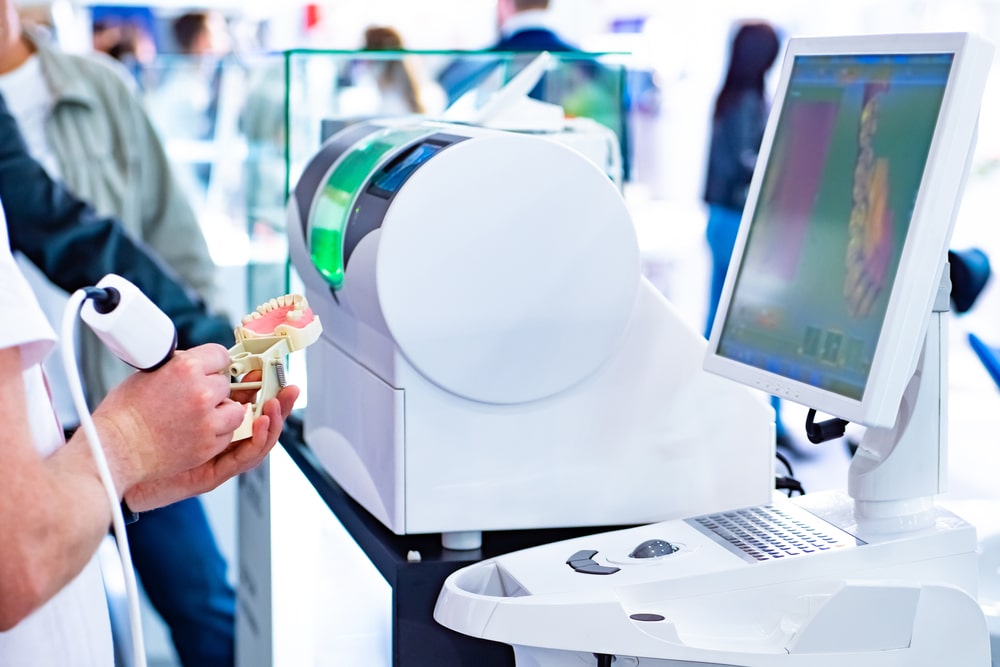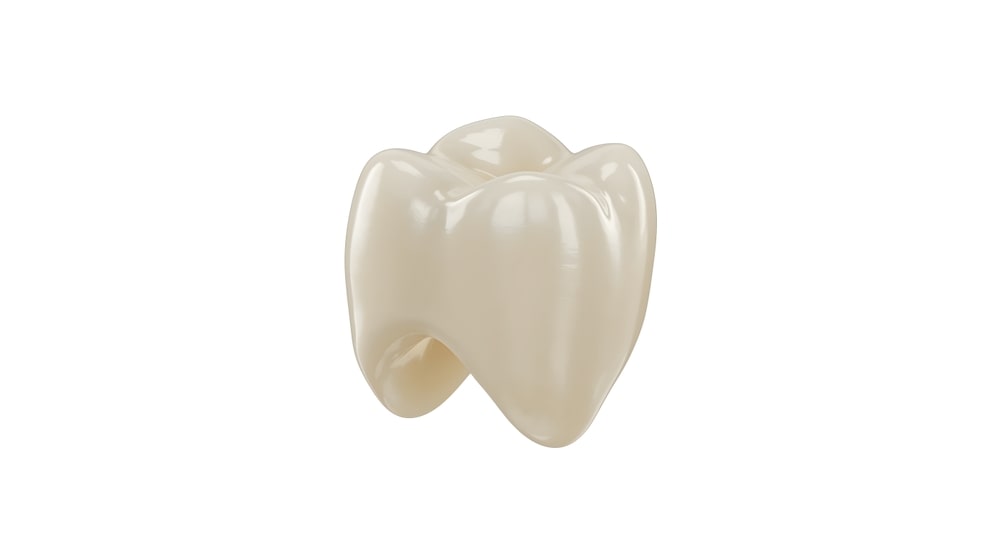Sleep apnea is a prevalent and serious sleep disorder that can significantly impact overall health and quality of life. Characterized by repeated interruptions in breathing during sleep, it can lead to symptoms such as chronic fatigue, cardiovascular issues, and cognitive impairments. Custom-made sleep apnea devices offer a tailored solution to manage this condition effectively, providing superior comfort and efficacy compared to generic, over-the-counter options. Dental labs play a crucial role in the creation of these specialized devices, ensuring they are perfectly fitted to the individual needs of each patient. This blog explores the essential role dental labs have in fabricating custom-made sleep apnea devices and detailing the meticulous process behind their creation.
Importance of Custom-Made Sleep Apnea Devices
Custom-made sleep apnea devices are crucial for effectively managing sleep apnea because they are tailored to fit the unique anatomy of each patient’s mouth. Unlike over-the-counter options, which can be bulky and uncomfortable, custom-made devices are designed to provide a precise fit, enhancing both comfort and effectiveness. This precision ensures that the device stays in place throughout the night, maintaining proper airway alignment and significantly reducing apnea episodes.
The benefits of custom-made sleep apnea devices extend beyond comfort. These devices are often made from high-quality materials that are more durable and long-lasting compared to generic alternatives. This durability means patients can rely on their devices for consistent performance over time, making them a sound investment in long-term health.
Moreover, custom-made devices can be adjusted and fine-tuned to meet the specific needs of the patient, providing a personalized treatment approach. This adaptability is essential for addressing the varying severity and causes of sleep apnea among different individuals, ensuring optimal therapeutic outcomes.
Different Types of Custom-Made Sleep Apnea Devices
NTI Device
The NTI (Nociceptive Trigeminal Inhibition) device is primarily used to treat bruxism (teeth grinding) but is also effective for mild to moderate sleep apnea. It works by preventing the jaw from clenching, which helps to keep the airway open. The NTI device is custom-made from impressions of the patient’s teeth. Dental labs use these impressions to create a device that fits precisely over the upper or lower front teeth. The NTI device is ideal for patients who grind their teeth and have mild to moderate sleep apnea. It is less obtrusive than other devices, making it comfortable for long-term use.
EMA Appliance
The EMA (Elastic Mandibular Advancement) appliance is designed to treat obstructive sleep apnea by repositioning the lower jaw (mandible) forward. This forward positioning helps to keep the airway open during sleep. The EMA appliance consists of custom-fitted upper and lower trays connected by elastic straps. Dental labs craft these trays from dental impressions or digital scans of the patient’s teeth, ensuring a precise fit. This device is suitable for patients with mild to moderate sleep apnea. The appliance’s adjustability allows for incremental advancements of the mandible, providing a tailored treatment approach.
Dorsal Appliance
The dorsal appliance is another mandibular advancement device that prevents the collapse of the airway by keeping the lower jaw in a forward position. Its design includes two separate pieces for the upper and lower teeth, connected by plastic or metal wings that ensure jaw advancement. Custom-made using dental impressions or digital scans, the dorsal appliance is crafted to fit snugly over the patient’s teeth. The dental lab ensures that the device’s wings are precisely positioned for effective jaw advancement. The dorsal appliance is effective for patients with mild to moderate obstructive sleep apnea. It is known for its stability and ease of adjustment, making it a reliable option for many patients.
Custom-made sleep apnea devices, such as the NTI device, EMA appliance, and dorsal appliance, provide a tailored and effective solution for managing sleep apnea. By working closely with dental professionals, dental labs play an integral role in creating these life-changing devices, helping patients achieve better sleep and improved overall health.
The Role of Dental Labs in Creating Custom-Made Sleep Apnea Devices
Collaboration and Communication
Dental labs are pivotal in the creation of custom-made sleep apnea devices, working in close collaboration with dental professionals to ensure each device is perfectly tailored to the patient’s needs. This collaboration begins with a detailed consultation between the dentist and the patient, during which impressions or digital scans of the patient’s teeth and oral structures are taken. These initial steps are crucial, as they provide the foundation for the precise manufacturing of the device.
Fabrication Process
The fabrication process in dental labs is both intricate and meticulous, involving several key steps:
- Impression Taking and Digital Scanning: Accurate impressions or digital scans are taken to create a precise model of the patient’s oral anatomy. This ensures that the custom-made device will fit comfortably and function effectively.
- Model Creation: The impressions or scans are used to create a detailed model of the patient’s mouth. This model serves as the basis for designing and fabricating the sleep apnea device.
- Device Design and Customization: Using advanced CAD/CAM technology, dental technicians design the device to fit the patient’s specific anatomy. This technology allows for precise adjustments to ensure optimal comfort and effectiveness.
- Material Selection: High-quality materials are chosen based on their durability, comfort, and biocompatibility. These materials are then used to fabricate the device, ensuring it can withstand regular use and provide long-term benefits.
- Fabrication and Assembly: The actual fabrication of the device involves skilled craftsmanship and attention to detail. Each component is carefully assembled and tested to ensure it meets the high standards required for effective treatment.
- Quality Control and Testing: Before the device is delivered to the patient, it undergoes rigorous quality control checks. This includes ensuring that all parts are securely fitted, the device functions correctly, and it meets the specifications provided by the dentist.
Customization and Adjustments
One of the significant advantages of custom-made sleep apnea devices is their ability to be adjusted and fine-tuned. Dental labs provide ongoing support to make necessary adjustments to the devices, ensuring they remain effective as the patient’s needs evolve. This adaptability is particularly important for patients who may experience changes in their condition or oral anatomy over time.
Advancements in Technology
The role of dental labs in creating custom-made sleep apnea devices has been greatly enhanced by advancements in digital dentistry. CAD/CAM technology, for example, allows for greater precision in design and fabrication, resulting in more comfortable and effective devices. Additionally, the use of 3D printing and other modern manufacturing techniques has streamlined the production process, reducing turnaround times and improving the overall quality of the devices.
Educating Patients
Dental labs also play a crucial role in educating patients about the proper use and maintenance of their custom-made sleep apnea devices. This education ensures that patients understand how to use their devices correctly, clean them properly, and recognize when adjustments may be needed. By providing comprehensive instructions and support, dental labs help patients achieve the best possible outcomes from their treatment.
Conclusion
In conclusion, dental labs are integral to the successful management of sleep apnea through custom-made devices. Their expertise in fabrication, customization, and ongoing support ensures that each device meets the highest standards of comfort and effectiveness. By working closely with dental professionals and leveraging advanced technology, dental labs help improve the quality of life for patients suffering from sleep apnea, providing them with a tailored solution that promotes better sleep and overall health.




